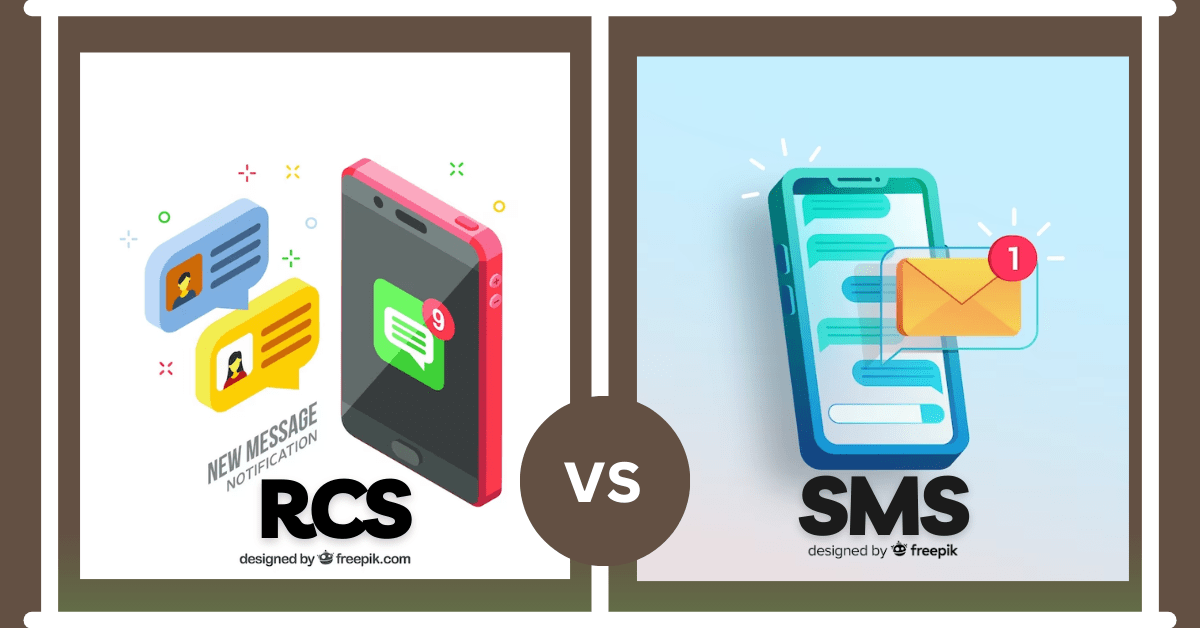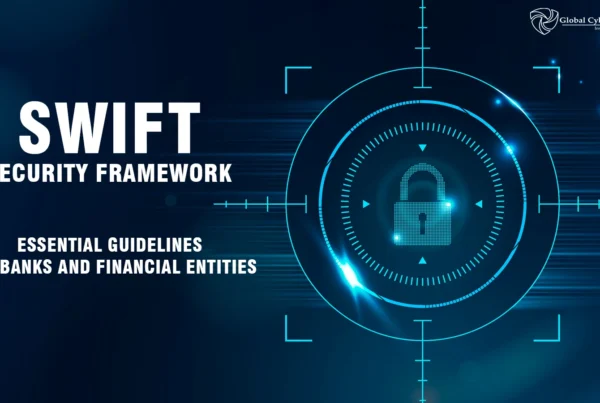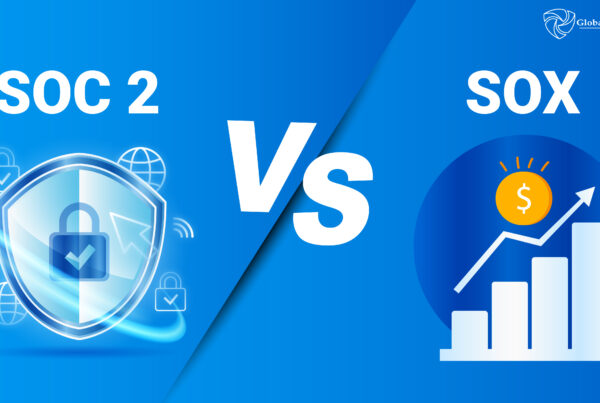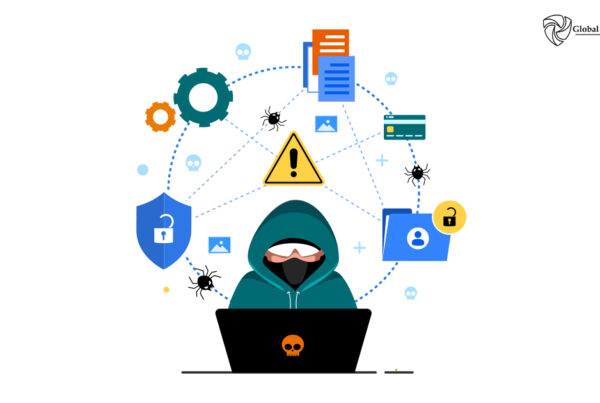
Introduction:
In today’s fast-paced mobile communication landscape, it’s like there’s a heavyweight showdown going on between RCS (Rich Communication Services) and SMS (Short Message Service). These two are the OGs of text messaging, but they couldn’t be more different. While both serve as vital tools for text messaging, they differ significantly in terms of capabilities and user experience. In this blog post, we’ll delve into the intriguing clash between RCS and SMS, exploring their key differences and the impact they have on the way we communicate in today’s digital age.
What is RCS ?
RCS? It’s like the SMS upgrade version we’ve all been waiting for! RCS, which stands for “Rich Communication Services represents a more advanced and feature-rich evolution of traditional texting. With RCS, you can do much more than simply send plain text messages. It empowers you to share images, videos, and voice notes, transforming your messaging experience into a multimedia. Moreover, you can track when someone has read your message and observe those real-time “typing” indicators. Group chats? Absolutely possible! What’s more, you can perform all of this seamlessly over Wi-Fi or mobile data. RCS is essentially our pathway to modernizing texting in the 21st century while maintaining compatibility with SMS.
How RCS Works in the Present Era?
In the current landscape of 2023, RCS (Rich Communication Services) continues to serve as an advanced messaging protocol, delivering users an enriched and interactive communication experience. RCS relies on the connectivity of mobile data or Wi-Fi to transmit messages, accommodating a wide range of multimedia content, including images, videos, and audio. It boasts features such as read receipts, typing indicators, and group chat functionality, rendering it a vibrant and engaging platform for communication. To achieve optimal functionality, it’s imperative that both the sender’s and recipient’s devices, along with their respective mobile carriers, extend support for RCS. This collaborative effort ensures that users can fully harness the enhanced messaging capabilities provided by RCS in the current era.
Is RCS Future for today’s generation ?
Yes, RCS (Rich Communication Services) holds promise as a messaging platform for today’s generation. With its advanced features, RCS offers a more engaging and interactive communication experience. However, its widespread adoption and success may depend on factors like mobile carrier support and the popularity of alternative messaging apps. While RCS represents an evolutionary step in messaging technology, whether it becomes the future for today’s generation will also be influenced by user preferences and market dynamics
What is SMS?
SMS, or Short Message Service, was initially developed in the 1980s as a way to send brief text messages over cellular networks. It gained widespread popularity in the 1990s and has since become a fundamental communication tool worldwide. SMS messages are typically limited to 160 characters, making them concise and suitable for quick exchanges.
While SMS remains a reliable and universally supported form of communication, it has evolved with the emergence of more advanced messaging platforms like RCS (Rich Communication Services)
SMS has various applications, including personal communication, business notifications, and two-factor authentication (2FA) for online security. It operates on 2G, 3G, 4G, and 5G networks, ensuring its compatibility with most mobile devices.
How SMS works in the present Era?
As of 2023, SMS (Short Message Service) remains a prevalent method for text-based communication, featuring several contemporary enhancements. It primarily operates on advanced mobile networks such as 5G, ensuring swift delivery of concise text messages. Furthermore, SMS in 2023 often incorporates multimedia functionalities through MMS (Multimedia Messaging Service), facilitating the exchange of text, images, videos, and audio.
The availability of delivery and read receipts has also increased, enhancing user communication tracking SMS continues to be a dependable and adaptable tool for various personal, business, and emergency communication requirements.
RCS vs SMS
Certainly, here’s a table comparing RCS (Rich Communication Services) and SMS (Short Message Service) based on various features and capabilities:
| Feature/Capability | RCS | SMS |
| Multimedia Messaging | Yes (Supports images, videos, audio) | No (Text-only messages) |
| Read Receipts | Yes | No (Limited delivery confirmation) |
| Group Chats | Yes | Limited (Possible with specific apps) |
| Typing Indicators | Yes | No |
| Message Length | Flexible (No strict character limit) | Limited to 160 characters (with concatenation) |
| Delivery Reliability | Higher (Reliable delivery with acknowledgment) | Moderate (Not always guaranteed) |
| Wi-Fi/Data Usage | Can use both Wi-Fi and mobile data | Typically uses mobile network |
| Cost | Carrier-specific (data usage may apply) | Carrier-specific (per message or plan) |
| Security | End-to-end encryption may be supported | Not typically end-to-end encrypted |
This in-depth table offers a comprehensive comparison, highlighting the significant distinctions between RCS and SMS. It delves into various aspects, including messaging features, reliability, expenses, and additional factors.
Can SMS, Compute RCS ?
No, SMS (Short Message Service) is not capable of performing the same functions as RCS (Rich Communication Services). SMS and RCS are distinct messaging protocols, each with its own set of features and capabilities.
SMS is a basic text messaging service that has been in use for many years. It primarily allows users to exchange short text messages, typically limited to 160 characters. SMS does not support multimedia content or advanced features.
In contrast, RCS is a more advanced messaging protocol designed to enhance and modernize traditional SMS. While both SMS and RCS may coexist on the same device and network, SMS cannot perform the same functions as RCS, as they serve different purposes and have distinct capabilities.
Device and Media that support RCS and SMS.
RCS (Rich Communication Services) and SMS (Short Message Service) are two messaging technologies widely supported across various devices and communication platforms. RCS is predominantly available on contemporary smartphones, certain tablets, and specific messaging apps, offering advanced features such as multimedia messaging and read receipts. In contrast, SMS is accessible on nearly all mobile devices, spanning from smartphones and basic phones to tablets and even desktop computers. It serves as a universally recognized messaging service offered by mobile carriers worldwide, ensuring accessibility to a broad user base. While RCS enhances messaging capabilities, SMS continues to serve as a fundamental and dependable means of text communication.
Is RCS available for IOS
RCS is not natively available on iOS, but there is a third-party app called Beeper that supports RCS on iPhones. Beeper is a messaging app that consolidates all of your messaging accounts into one place, including iMessage, WhatsApp, Slack, and now Google Messages with RCS.
To use RCS on Beeper, you will need to download the app from the App Store and create an account. Once you have created an account, you will need to add your Google Messages account to Beeper. Once you have added your Google Messages account, you will be able to send and receive RCS messages with other Android users who are also using Beeper.
Beeper is a paid service, but it offers a free trial so that you can try it out before you subscribe.
Conclusion:
In the showdown between RCS (Rich Communication Services) and SMS (Short Message Service), it’s like choosing between the classic flip phone and the latest smartphone. SMS continues to serve as a reliable, no-frills option for basic text communication, accessible to all. Conversely, RCS emerges as the contemporary contender, enriching messaging with multimedia, read receipts, and group chats. The choice between the two hinges on personal preferences and device compatibility, highlighting the coexistence of tradition and innovation in our dynamic digital communication world.



